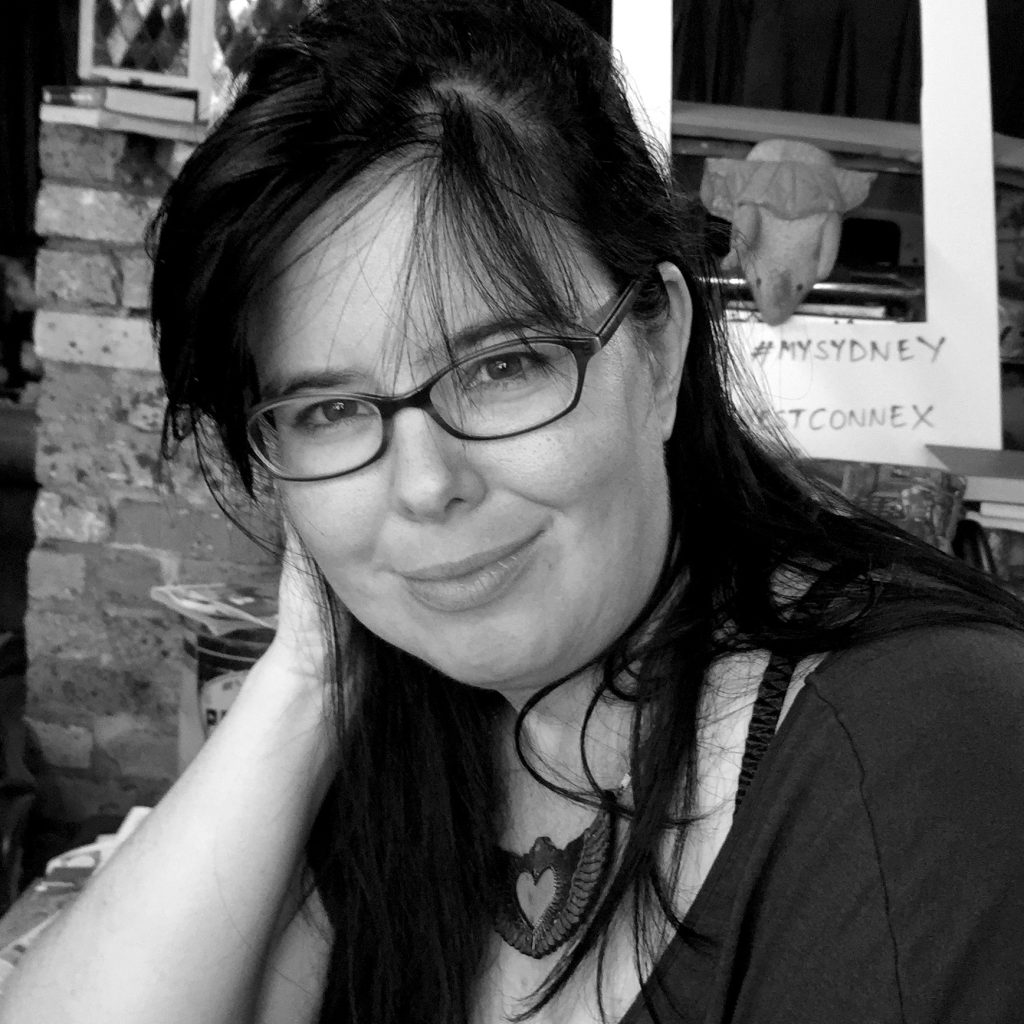Author note: Kate Middleton on Television
The award-winning poet Kate Middleton reflects on Television (1 February 2024), a collection which is part criticism, part autobiography, and always acute in its recollection of the emotions inspired by television drama.
In 1986 I wanted to dress like Punky Brewster. Like her I had dark hair and freckles and a talent for enthusiasm. I wanted to sleep in a flower cart and paint a rainbow on my wall. I wanted to stride into my class as confident as her and make friends with all the kids I met.
In 1992 Brenda Walsh seemed to represent my struggles: she was an outsider, moving from Minnesota to Beverly Hills with her family, and she wanted desperately to be cool. Which is to say, she wanted the right friends, the right clothes, the right boyfriend, the right future.
In 2000, I wanted to be Willow Rosenberg. The moment that she told Buffy she was turning down all the fancy universities that had offered her a free ride because she wanted to be the best witch she could be and face down the evil she had already seen too much of right at the lip of the hellmouth, I found her idealism infectious.
I could go on. I still turn on the television and find myself, among all my critical thoughts and aesthetic responses and guesses at the next plot twist, imagining myself into the lives of characters I somehow identify, or over-identify, with. I find myself imagining their qualities into my own life, trying them on, keeping those that seem important in my pocket for a time.
When Rilke says you must ‘change your life’, it is a treasured epiphany. When the Pretty Little Liar Aria Montgomery says something like it, it’s silly. I love Rilke, but I admit that I took in Aria’s epiphany a little more, because my own life is filled with similar frivolities to hers, if not with the same horrors.
I knew a few people as a schoolkid whose families did not own televisions, and I thought they were better than me. They could use their time wisely. They would not be infected by this nonsense that obsessed me. They could live more like Anne of Green Gables, a character I also carried with me, from the page, into a world full of broadcast technology she wouldn’t have recognised. In a way, I probably still think those people are better than me – but I can’t write about what I am not. I have watched a lot of television, as most people my age probably have. I have tried in this book to think about that time watching television not as escapism, but as, in some way, real experience – experience filled with memories and images and emotions that I carry with me into the real world.



